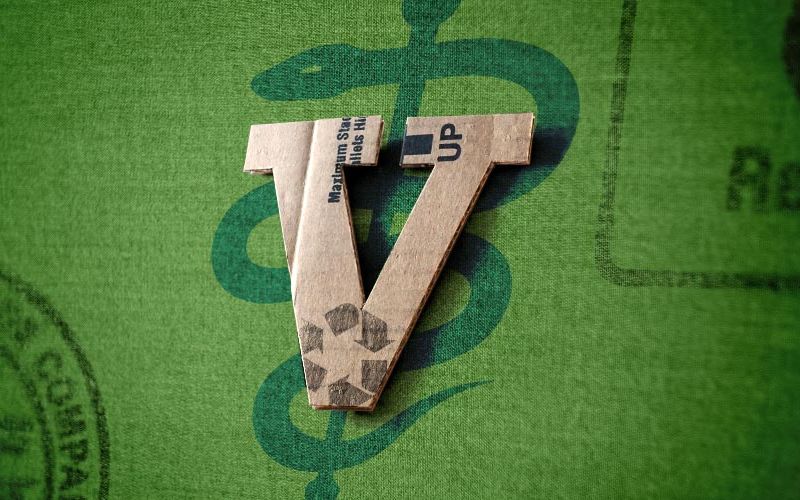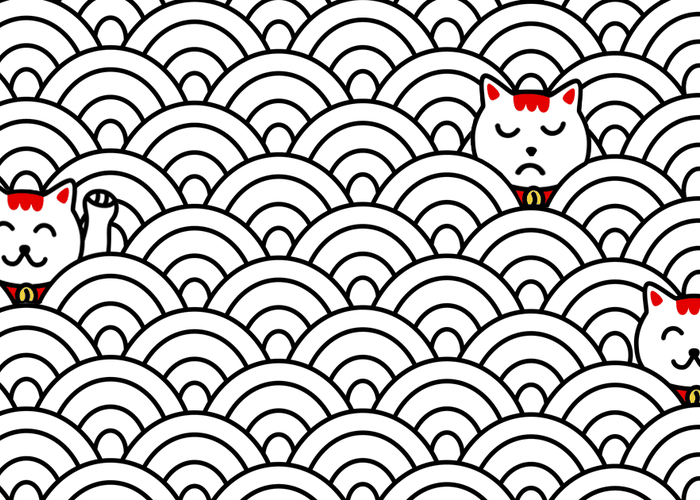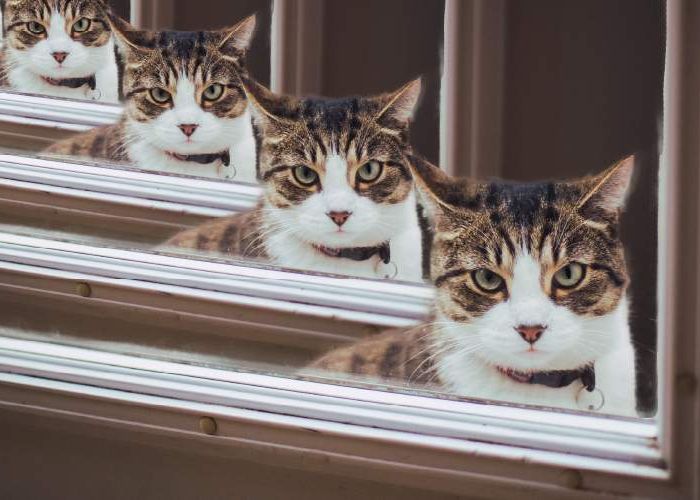

How to Increase Sustainability in Veterinary Practice
For Earth Day 2023, have you considered how you can improve sustainability as a veterinarian?
There's no escaping that healthcare—veterinary or human medical practice—has a significant environmental impact. The good news is you can take steps to reduce your impact while maintaining patient safety and high standards of veterinary care.
Whether you're already part of a 'green' team, have an environmental policy at your practice, or are just starting on your veterinary sustainability journey, here's how you and your team can help protect the environment.
3 Ways to Reduce Your Environmental Impact as a Veterinarian
While you may not be able to make a sustainability impact overnight, consider taking these steps to a more sustainable future as a veterinary professional.
1. Switch to Low-Flow Anaesthesia or Change Anaesthetics
Discuss and encourage your nursing team to use low-flow anaesthesia to reduce waste gases, which are potent greenhouse gases, and avoid using nitrous oxide altogether. Additionally, plan ahead and make prompt decisions to avoid prolonged or unnecessary anaesthesia and decrease the amount of waste gases. One hour of isoflurane anaesthesia for a dog is equivalent to the greenhouse gas effect of driving 12 miles in an average European car.
Use volatile agent-sparing drugs and techniques, including appropriate premedication and analgesia, when possible, such as boluses, partial intravenous anaesthesia, or regional/local anaesthetics. Consider using sevoflurane rather than isoflurane. While it's a less potent anaesthetic agent than isoflurane, it has a significantly lower greenhouse gas effect and a lower global warming potential. Regularly check and service your anaesthetic machine, vaporiser, and breathing systems to check for leaks or performance issues that could increase waste.
2. Consider the Carbon Footprint of Your Operating Theatre
Due to the environmental effects of anaesthesia, large volumes of waste, and single-use plastic, operating theatres have high carbon footprints. But taking daily steps to decrease your operating theatre's footprint can help.
A study in the Journal of the American College of Surgeons found that reusable fabric scrub hats had superior performance in terms of microbial contamination compared to disposable hats. So, reusable surgical textiles may have a beneficial impact on patient standards while having a lower environmental footprint.
A study in AORN Journal provided evidence that reusable textiles have a significantly lower environmental impact. It found that, compared to disposable gowns, reusable gowns reduced natural resource energy consumption, greenhouse gas emissions, blue water usage, and solid waste generation. Opting for reusable drapes for certain clean, elective procedures may help reduce waste without compromising patients' health. All of these efforts are great steps in supporting climate action
Using scrub brushes is no longer recommended, so switch to an alcohol hand preparation after an initial hand wash at the beginning of the day. This method is more effective than traditional scrubbing techniques and saves water.
3. Use Antibiotics and Medicines Responsibly
Antimicrobial resistance is among the most significant and pressing health challenges affecting humans and animals.
Therefore, while preserving animal health and welfare, consider reducing antimicrobial use in the animals under your care. Avoid unnecessary antimicrobial use, including routine group prophylaxis or defensive prescribing. Base prescribing on culture and sensitivity diagnostics where appropriate. Give special focus to reducing the use of antimicrobials like fluoroquinolones and 3rd+ generation cephalosporins, which the World Health Organisation classifies as 'highest priority critically important.'
Sustainable solutions to prevent disease and protect animal health and welfare—such as improved husbandry and management, vaccination, and proactive health planning—can replace the use of antimicrobials where possible.
Refine your use of medicines by ensuring you're responsibly selecting and administering products to animals who have a clinical indication for treatment. Use diagnostic testing, ensure compliance, and provide clients with advice to mitigate environmental harm associated with necessary treatments.
Veterinary Professionals' Role in Promoting Sustainability
Veterinarians take an oath to 'endeavour to ensure the health and welfare of animals committed to our care.' In addition, consider the animals not committed to your care—those who suffer as a consequence of human activity or those you may be unintentionally impacting in pursuit of optimising your patients' health, welfare, and productivity.
As a veterinary professional, you're in a unique position of understanding human, animal, and environmental health. You're a powerful agent of change as you have many spheres of influence: personal, household, communities (through workplaces, associations, etc), as well as in society in general. People are more open to hearing information from trusted professionals. As a professional, you have scientific knowledge, good communication skills, and local communities' trust and regard, which you've earned and developed through the service you've given. This makes you—and all members of the veterinary industry—uniquely placed to advocate a more sustainable, healthier future, by attending to climate action, antimicrobial stewardship, and responsible resource use.







